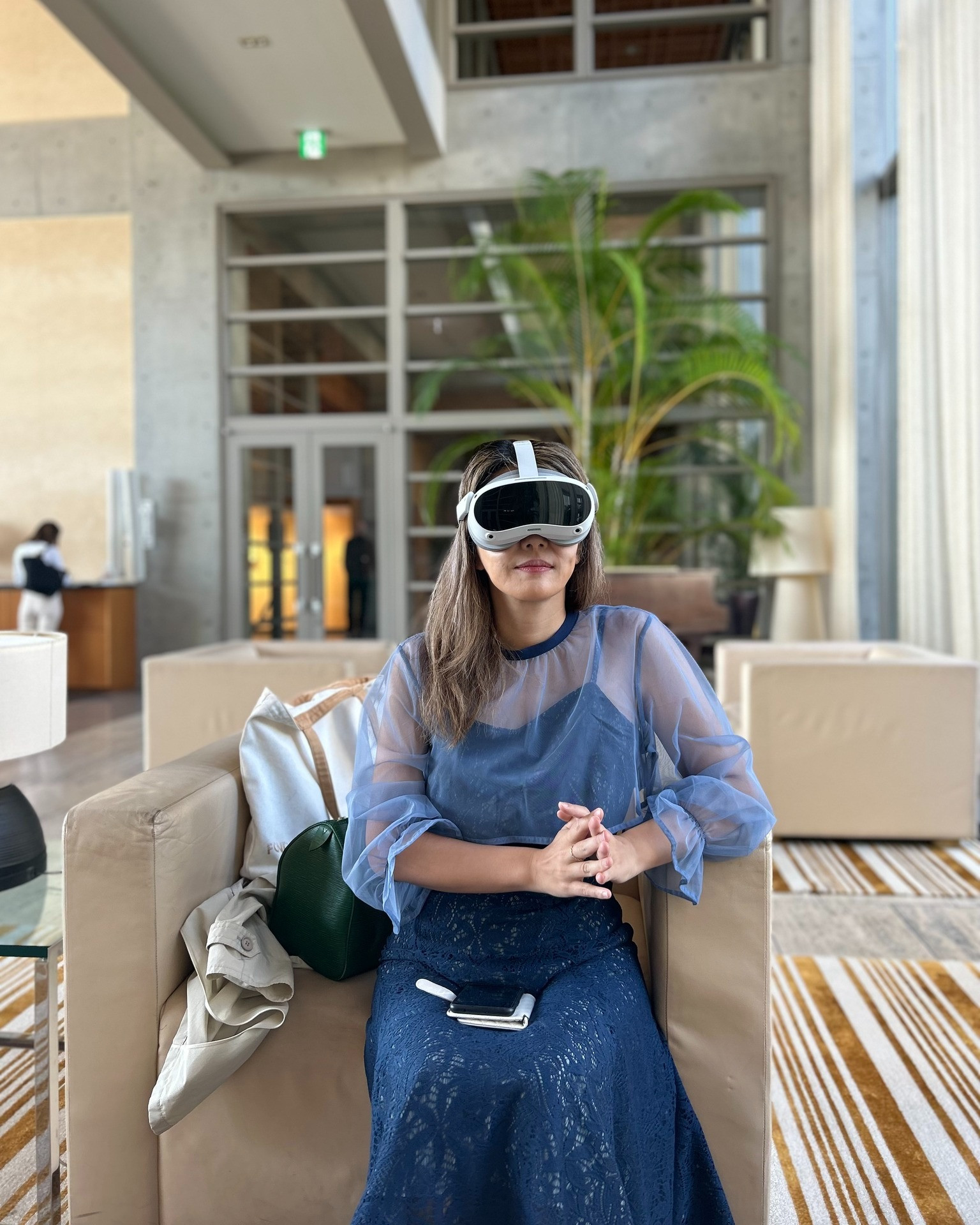Georgian VR Startup Neuropilot Wins Open Innovation Competition in Japan
Neuropilot, a groundbreaking VR technology for stress management developed by Georgian psychotherapist Maia Tskitishvili, has clinched a prestigious award at the Open Innovation Competition in Japan. The technology, which leverages virtual reality to facilitate deep personal introspection and mental health improvement, is based on Tskitishvili's "Desire Therapy TDT." After proving its effectiveness in managing anxiety, the idea was expanded into a mobile application with the help of Tskitishvili's children, Tinis and Anis, incorporating VR to enhance the therapy experience.
Maia Tskitishvili collaborated with Virex founders, who brought extensive experience in VR, to develop Neuropilot VR. "We were immediately drawn to the project after experiencing the effectiveness of the TDT method ourselves," shared Nikoloz Gogochuri, co-founder of Neuropilot. "Neuropilot embodies our vision at Virex to utilize virtual reality technology to profoundly improve people’s lives."
Neuropilot's recent victory in Japan not only brought the project international acclaim but also significant attention from the target audience. The application offers a unique therapeutic VR experience that helps users manage anxiety and reduce stress, catering primarily to athletes and business professionals.
"We've created a tool that requires only 5-10 minutes per session and doesn't necessitate revisiting past traumas or changing daily routines," Gogochuri explains. "This makes Neuropilot a perfect blend of therapeutic and wellness approaches."
The startup has already begun implementing Neuropilot in clinical settings and sports organizations, significantly reducing anxiety levels among users, including professional athletes. Following successful trials, Neuropilot signed a memorandum of cooperation with the Georgian Rugby Union to integrate VR technology into their mental health and performance protocols.

The recognition in Japan marks a significant milestone for Neuropilot, opening doors to potential partnerships with major Japanese corporations and investors. "The competition was not only about winning but also about forging relationships that could propel our technology to global markets," Gogochuri noted.
Looking ahead, Neuropilot aims to expand its reach by developing educational programs for psychotherapists and sports psychologists to incorporate its technology into their practices. This approach is expected to facilitate global growth and make Neuropilot a fundamental self-help tool for millions worldwide.

